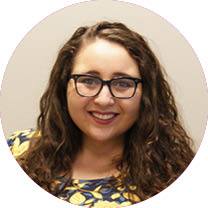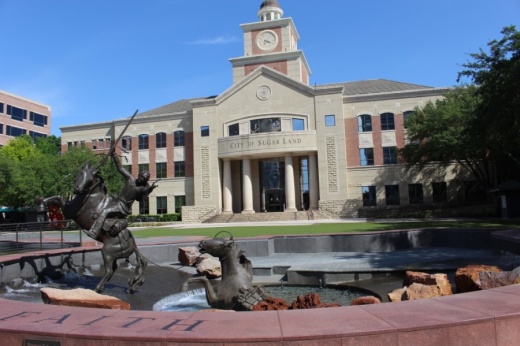The survey was performed in October and November of last year by ETC Institute, a Kansas-based market research and survey firm that has surveyed more than 2,000,000 people in more than 900 cities since 2009. This was the third survey the institute has conducted for the city of Sugar Land. The seven-page survey—a page longer than previous surveys—included additional questions influenced by events in 2020, such as the pandemic, the 2020 presidential election, economic hardships, civil unrest and police distrust. Other topics included difficult budget decisions and tropical storm threats.
According to the presentation, survey results were overwhelmingly positive. Ninety-eight percent of respondents rated Sugar Land as being an “excellent” or “good” place to live, and 97% rated the city as being an “excellent” or “good” place to raise children. Sugar Land met or exceeded the state average ratings in 96% of areas that were compared. The city's taxes and fees were rated 40% over the state average, and the overall quality of its government services were rated 36% over the state average.
Other positive results included the following.
- 95% of respondents rated Sugar Land as being an “excellent” or “good” place they were proud to call home
- 88% of respondents rated Sugar Land as being “excellent” or “good” as an inclusive community
- 85% of respondents rated Sugar Land as being “excellent” or “good” as a city moving in right direction
- 83% of respondents rated Sugar Land as being “excellent” or “good” as a place to work
- 82% of respondents rated Sugar Land as being “excellent” or “good” as a place to retire
- 69% of respondents rated Sugar Land as being “excellent” or “good” as a place to visit
Other notable decreases in the 2020 survey as compared to the 2017 survey include the accuracy of information given by the city, the condition of neighborhood sidewalks and the condition of street drainage.
As compared to the 2015 survey, last year’s results saw decreases in the rated quality of Sugar Land’s city website, adult and youth athletic programs, the enforcement of local codes and ordinances, police safety awareness education programs, senior citizen programs, street drainage conditions and the visibility of police in commercial and retail areas.
Short-term gains in ratings since the 2017 survey include the leadership of elected officials, overall quality and response times of ambulance and EMS services, emergency preparedness, adequacy of street lighting, maintenance and appearance of community centers, smell of tap water, fire inspection programs, wastewater services and more.
When asked what they predict to be the city’s most significant challenges in the next five years, 80% of respondents cited traffic as a concern, 78% said they were concerned with managing population growth, 59% said they were concerned about crime prevention and 48% said they were concerned with flooding and drainage.
Ryan Murray, assistant director of community research at the ETC Institute, said the survey’s goals were to assess resident satisfaction regarding the delivery of city services, to measure trends as compared to 2015 and 2017, to help shape community priorities as a part of Sugar Land's ongoing planning process and to compare Sugar Land's survey performance with responses from residents in other communities around the country.
The city has been conducting resident satisfaction surveys every few years since 2004, with its first survey taking place in 1998. The 2020 survey, which was conducted by mail and online with a random sample of Sugar Land households, yielded 544 completed responses, 44 more than the ETC Institute’s goal and 34 more than on the survey they executed in 2017. Murray said the survey had a margin of error of +/- 4.2% at a 95% level of confidence.







